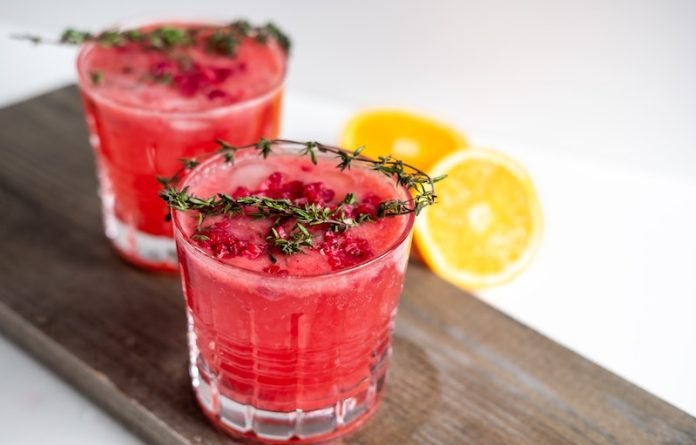
In a study from the University of Exeter and elsewhere, scientists found that consuming dietary nitrate—the active molecule in beetroot juice—strongly increased muscle force while exercising.
It is known that dietary nitrate enhances exercise, both boosting endurance and enhancing high-intensity exercise.
But researchers still have much to learn about why this effect occurs, and how the body converts dietary nitrate that people ingest into the nitric oxide that can be used by cells.
In the study, the team traced the distribution of ingested nitrate in the saliva, blood, muscle and urine of ten healthy volunteers, who were then asked to perform maximal leg exercise.
The researchers wanted to discover where in the body the dietary nitrate was active, to give clues on the mechanisms at work.
An hour after the nitrate was taken, participants were asked to perform 60 contractions of the quadriceps—the thigh muscle active while straightening the knee—at maximum intensity over five minutes on an exercise machine.
The team found a big increase in the nitrate levels in muscle. During the exercises, researchers found this nitrate boost caused an increase in muscle force of seven percent, compared to when the participants took a placebo.
Previous studies had found an increase of nitrate in tissue and body fluid after ingesting labeled dietary nitrate.
By using the tracer in the new study, researchers were able to accurately assess where nitrate is increased and active, and also shed new light on how the nitrate we consume is used to enhance exercise performance.
The team says this study provides the first direct evidence that muscle nitrate levels are important for exercise performance, presumably by acting as a source of nitric oxide.
These results have big implications not only for the exercise field, but possibly for other medical areas such as those targeting neuromuscular and metabolic diseases related to nitric oxide deficiency.
If you care about nutrition, please see recent studies that beetroot juice could help reduce blood pressure, and findings about cinnamon could help lower high blood pressure.
For more information about nutrition, please see recent studies about how tea and coffee influence your risk of high blood pressure, and results showing this olive oil could reduce blood pressure in healthy people.
The study was conducted by Andy Jones et al and published in Acta Physiologica.
Copyright © 2023 Knowridge Science Report. All rights reserved.



